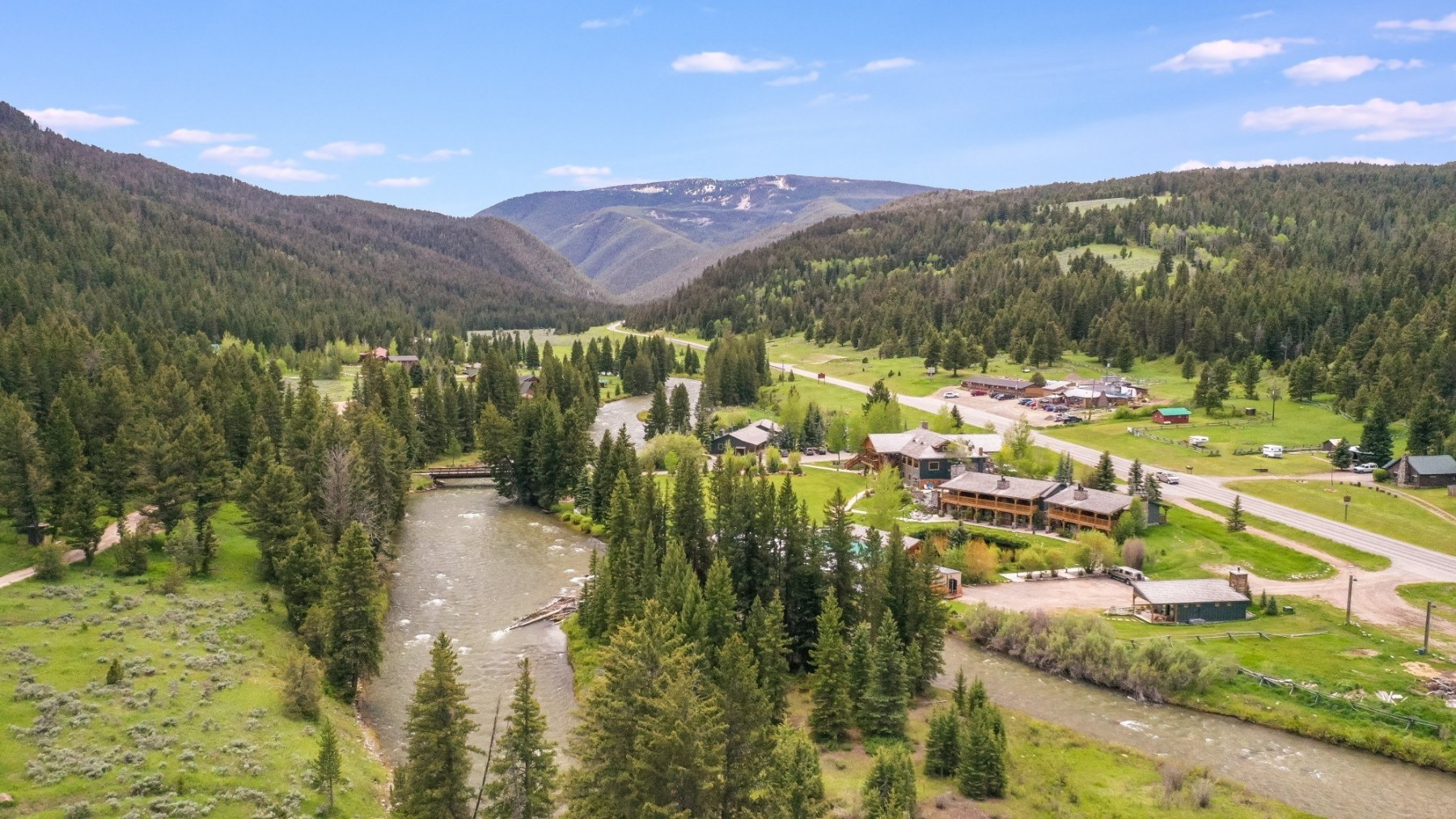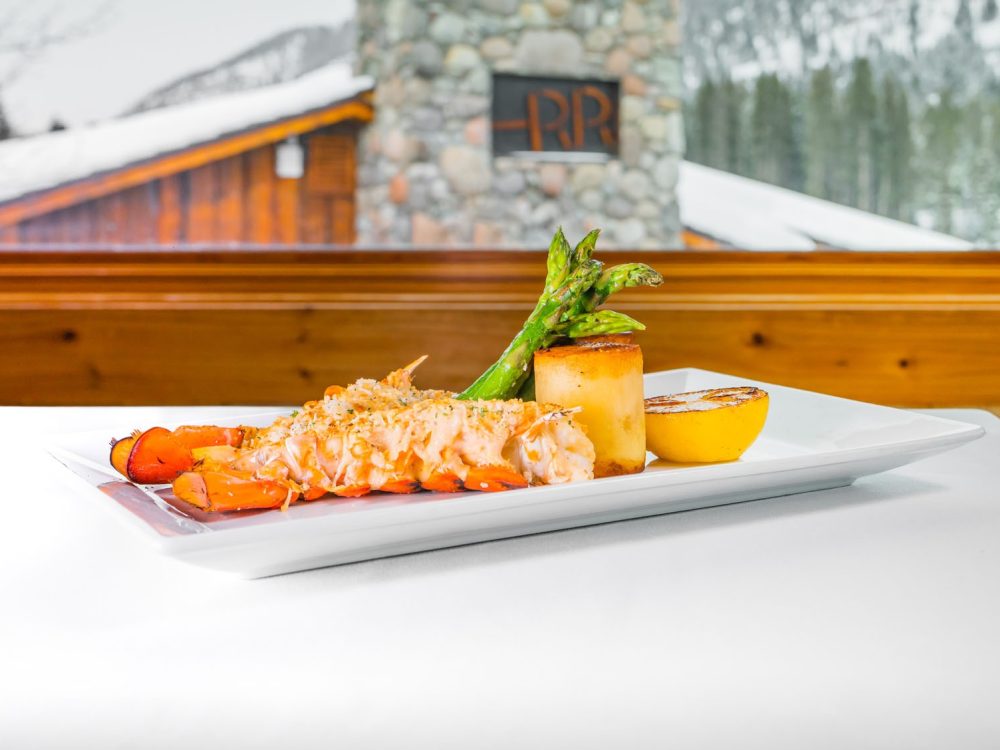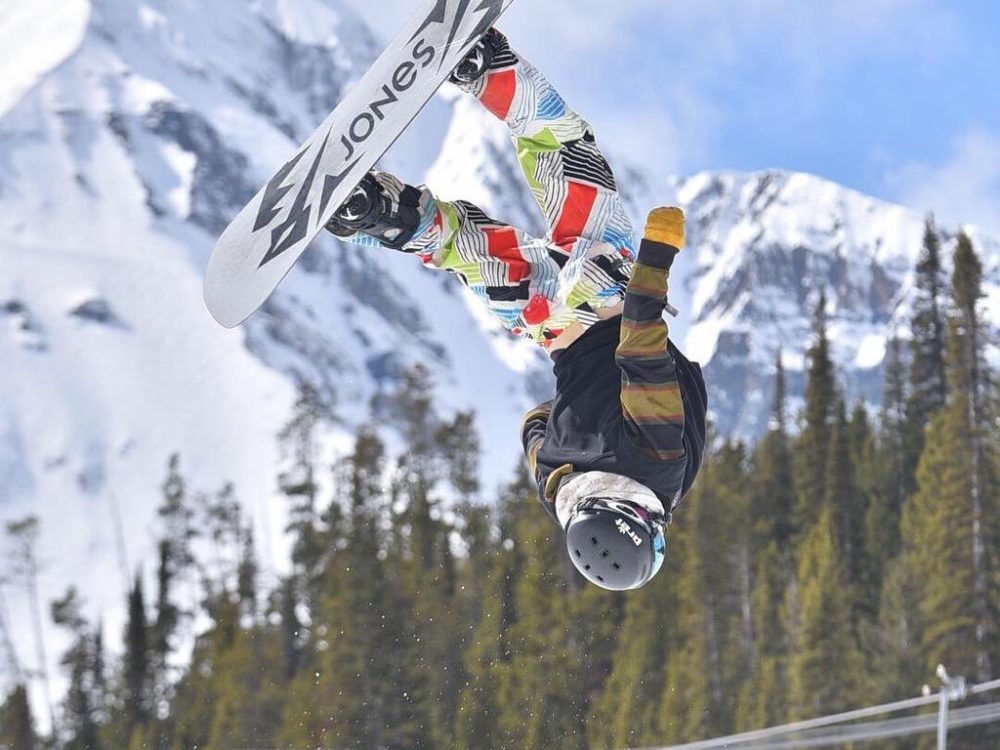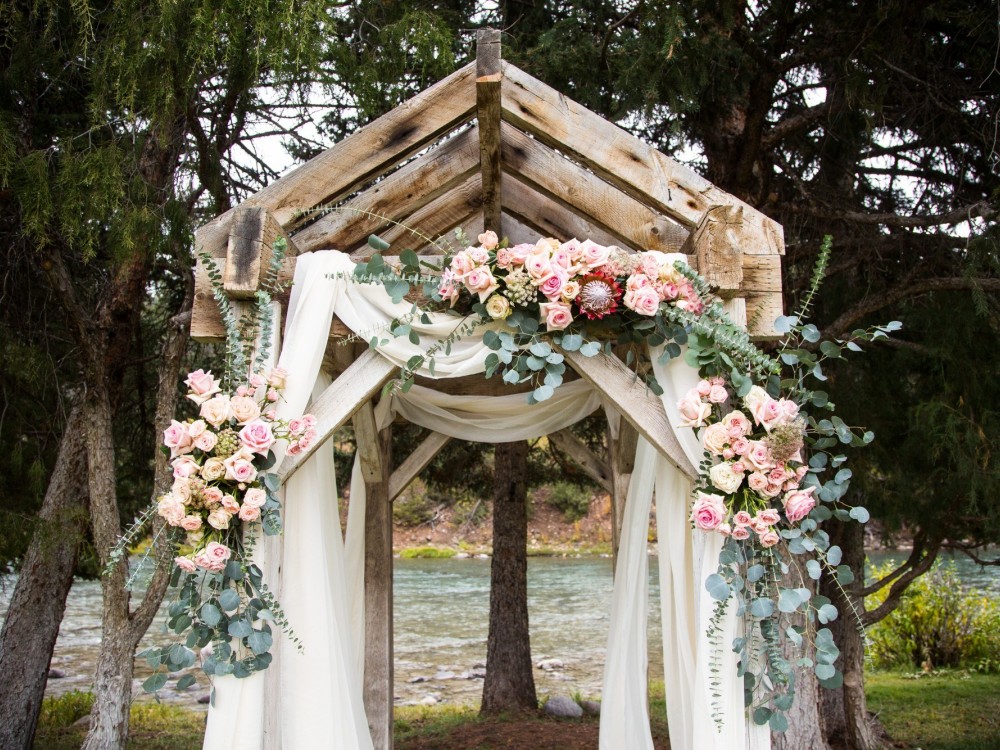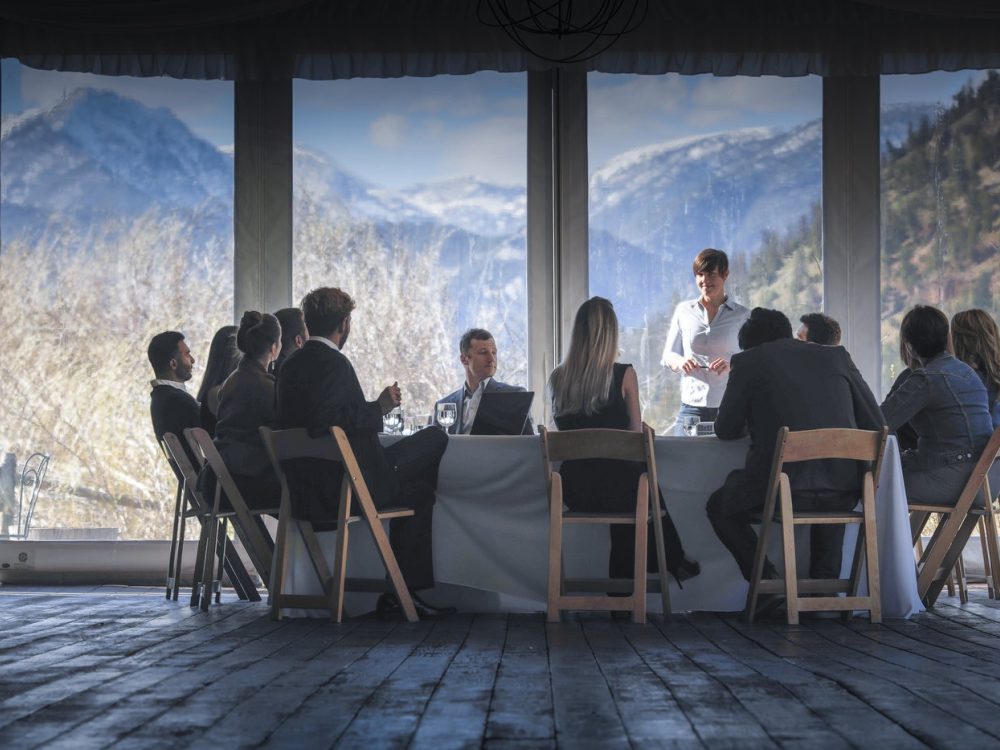Welcome to
Rainbow Ranch Lodge
Big Sky, Montana
A Montana vacation unlike any other, the Rainbow Ranch Lodge combines the rustic rugged West with classic elegant sophistication. A place where exceptional food, wine, and accommodations are our passion and hospitality is instinctive. Welcome to our little paradise on the banks of the Gallatin River in Big Sky, Montana.
